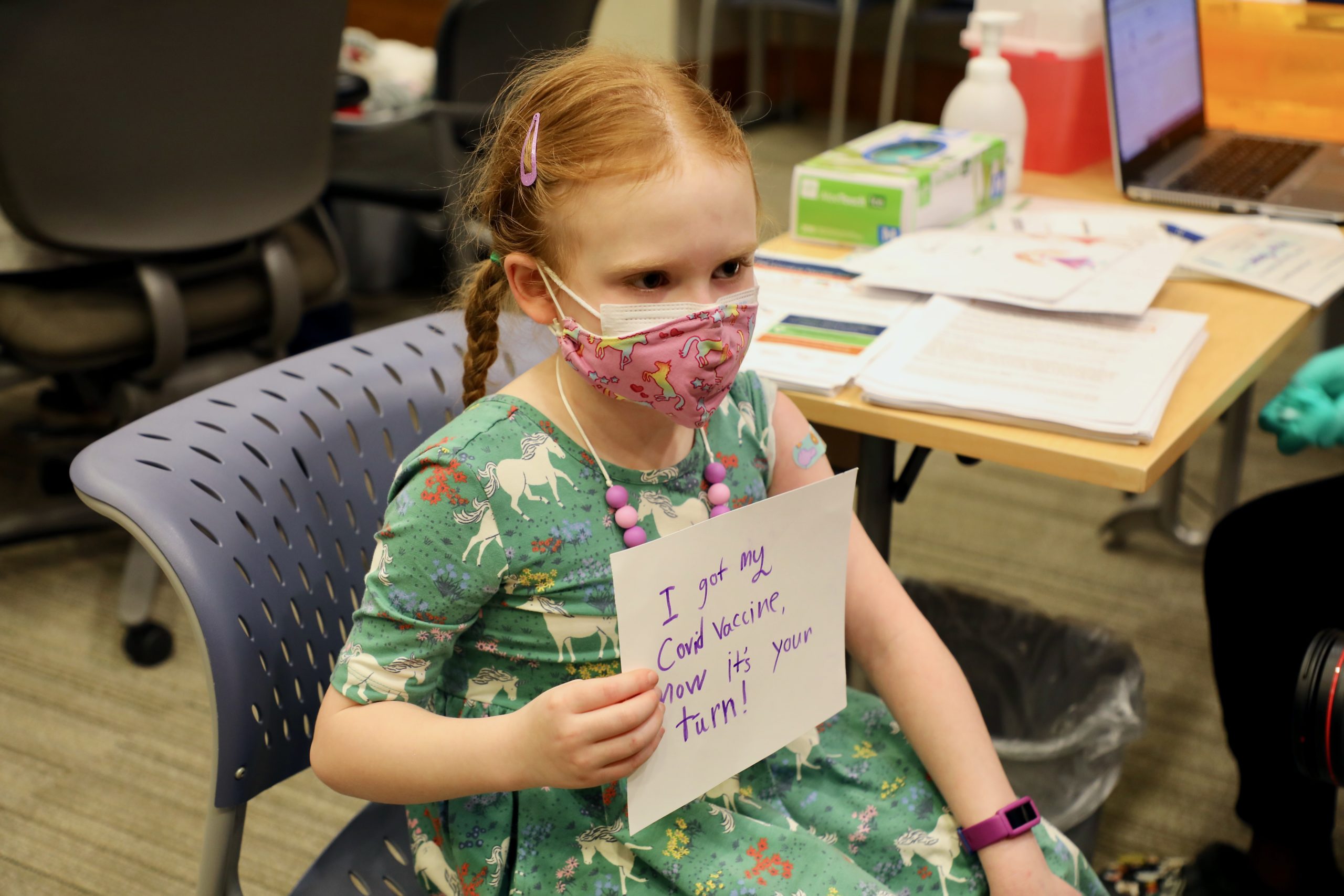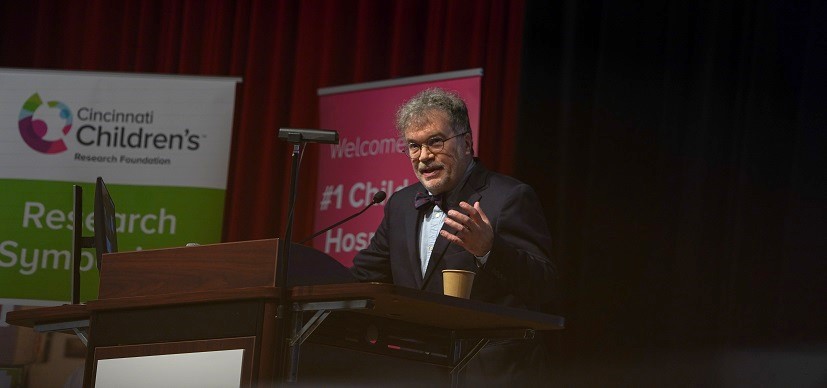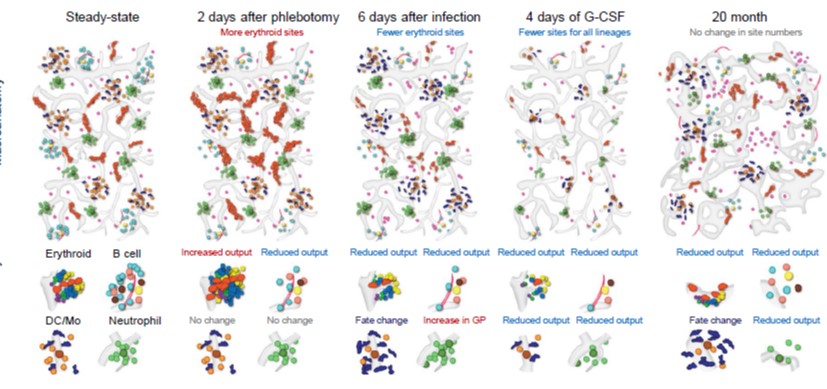Cincinnati Children’s Set to Administer COVID Vax to Kids From 6 Months to 4 Years Old
Post Date: June 24, 2022 | Publish Date:

Medical Center Helped Lead the Way in Clinical Trials
Cincinnati Children’s, which helped lead the way in clinical trials of COVID vaccines, plans to begin administering the Pfizer-BioNTech vaccine to kids ages 6 months to 4 years old beginning the week of June 27, 2022.
The rollout follows FDA approval of emergency use authorization for both the Pfizer and Moderna vaccines for that age group, as well as CDC recommendation that children 6 months or older be vaccinated against COVID.
Grant Paulsen, MD, a pediatrician with the Division of Infectious Diseases who sees patients and works in the Gamble Vaccine Research Center, is principal site investigator at Cincinnati Children’s for separate Pfizer and Moderna clinical trials in kids ages 6 months to 11 years old.
“Both the Pfizer and Moderna COVID vaccines have been shown to be safe and effective for young children,” Paulsen says. “Side effects from both vaccines in children from 6 months to less than 5 years (for Pfizer) or less than 6 years (for Moderna) were mostly mild or moderate. Rates of fever after the vaccine were similar to the rates seen in older children and adults.”

“No new safety concerns were seen with either vaccine in the studies with younger children,” Paulsen adds. “Both vaccines also generated protective antibodies that were generally the same as the protection given to young adults. Notably, both the Pfizer and Moderna vaccine use a greatly reduced dose in young children, compared to the adult dose.”
Cincinnati Children’s strongly encourages that parents vaccinate all eligible children against COVID–and that parents get themselves vaccinated.
The Pfizer vaccine is the only one being offered at Cincinnati Children’s to guard against COVID. For kids 6 months to 4 years old, a three-shot series of the Pfizer vaccine is prescribed. The vaccine will be administered at no cost to families, but appointments are required.
The vaccine has proven safe and effective against new strains of COVID, says Susan Wade-Murphy, MSN, RN, who oversees COVID vaccine clinics for Cincinnati Children’s as assistant vice president for Patient Services. The vaccine protects children and adults from getting severely ill, and it also helps protect those around them from getting ill, she says.
Paulsen notes that while COVID infection is usually much less severe in children compared to adults, some kids can get very sick and need to be admitted to the hospital.
More than 43,000 children in the U.S. have been hospitalized with COVID, and over 1,000 children in the U.S. have died of COVID since the pandemic began. Over 13.6 million kids have been diagnosed with COVID.
“The only medicine that’s a COVID treatment for children under 12 is an IV medicine, and they have to come into the hospital for between three and five days to get an infusion,” Paulsen says. “They can’t access monoclonal antibodies because that’s not approved for anybody younger than 12. Paxlovid is a pill, and it’s not approved for anybody with COVID younger than the age of 12. And so, treatment for young children, basically anybody less than 4 years old with COVID, is a lot less trivial than I feel some people think it is.”
Paulsen also notes that prior infection with COVID does not mean that an adult or child has lifelong immunity. They can get re-infected.
“Aside from the risk of getting sick due to the virus itself, some children can have serious complications or long-lasting symptoms after a COVID infection, including multisystem inflammatory syndrome,” Paulsen says.
“In addition to reducing the risk of serious COVID and the risk of long-term complications, the vaccine is the best thing we have to reduce the spread of COVID and prevent new variants, which is important for everyone and also helps protect other family members and adults from COVID,” he says. “Reducing the risk of infection for a child makes it more likely that they won’t have to miss school, play dates, sports or other activities in the future due to COVID.”
“In short,” Paulsen says, “finally having a COVID vaccine available for young children is the next, hopefully last, step to keep us all as protected as possible from COVID and reduce the spread of this virus.”






